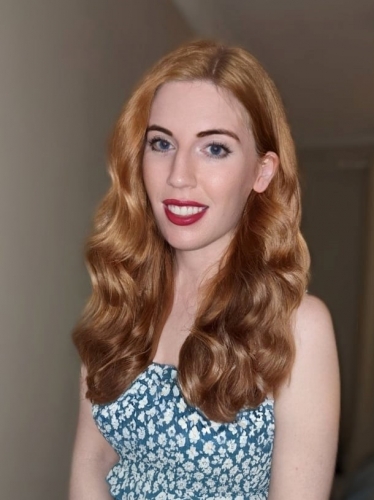Since the onset of the COVID-19 pandemic, nurses on the frontline have carried a heavy load to help keep Australia's numbers under control - but at what cost?
Working in one of the country’s busiest ICUs, nurse Tom Watkins* says that the efforts that nurses have put in to tackle every challenge thrown up by the pandemic has been underestimated.
Subscribe for FREE to the HealthTimes magazine
"I think I speak for many of us in saying there was a lot of concern at the start about how we'd cope and how high that curve would go", she told
HealthTimes.
"Obviously, there was also a lot of work to be done around infection control policies and the new procedures we had to have, and getting through the early stages of rolling that out and ironing those kinks."
"We knew it was going to be hard. But has really taken a toll, and I know that others feel the same – we’ve all been talking about it"
"There's been no break, no relief, it's been full-on the whole time. We’ve been running on empty.”
"I could feel myself getting wearier. Feeling my energy levels going down the gurgler. I wasn't feeling very healthy or very strong."
"But you try to push yourself to keep on going – COVID-19 wasn't going to let up so that was always in the back of my mind”, Mr Watkins explained.
"In the end, I wound up with pneumonia and was as sick as a dog."
"It knocked me for six and I still don't feel fully recovered."
Mr Watkins says he knows he is just one of many who have felt the physical toll of responding to COVID-19.
"The burnout has been bad. Bad all round. Not just for nurses, but for everyone who has been responding to the outbreak."
“What we had in place for the workplace side of things, that wasn't made with COVID in mind"
Mr Watkins explained that his highlighting of the struggle of burnout isn't about pointing fingers and assigning blame
"There is a lot we can take from all this."
"There needs to be more support from the top down in health. More to deal with the pressure and exhaustion and stress we're dealing with as frontline workers."
"If I get sidelined with pneumonia, I'm out. I can't work. I can't help. There's one less nurse on the ward."
"It's in everybody's interest to do something about burnout."
Mr Watkins said the mental health aspect of burnout is often overlooked too.
“My social life has been pretty non-existent. Sleep became the only focus outside of work. And that’s tough on relationships with family, friends, even your hobbies.”
He endorsed the comments made previously by Dr Elizabeth Berryman.
“Definitely – there needs to be more done at the employer level, and investment in workforces to ease this pressure and ease the burnout. There also needs to be more focus on emotional wellbeing and psychological safety at work.”
Mr Watkins said that even during the toughest of days on the job, he doesn’t regret ever becoming a nurse.
“If you want an easy job, don’t do nursing, and I know that.”
“For me, it has always been about helping people and making a difference. And working on the ICU can be exhilarating, and you see the impact of your care right away, which reminds you constantly of why you’re doing this.”
*name change to protect the privacy of the nurse













